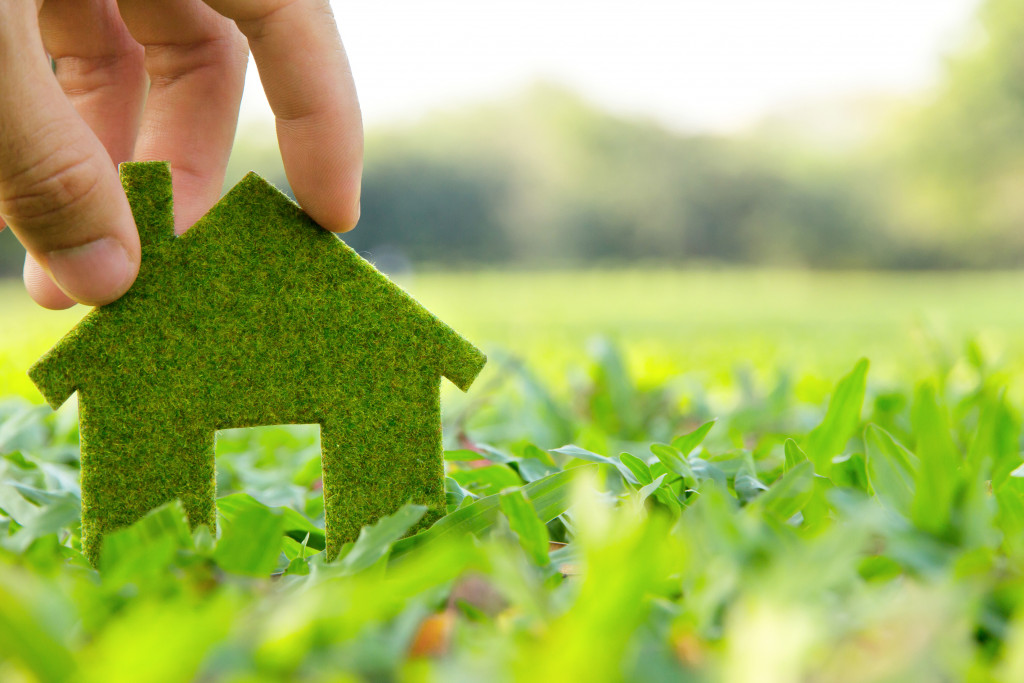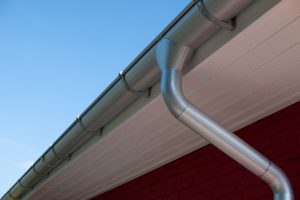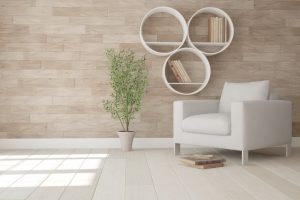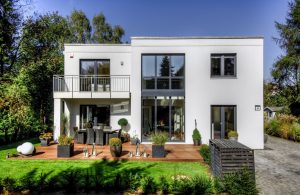Giving an inherited house a greener makeover can be tedious. It is a little discouraging when everything is already fixed, but the pros outweigh the cons. Sustainable housing involves less maintenance, so it is cost-effective in the long run.
Remember that the transition to sustainability is a significant initiative not just for you but also for the generations to come. Reports suggest that we only have until 2030 to reverse the effects of climate change. If we fail to do so, we won’t have a chance to counter its devastating impact on the environment. Therefore, you should look for eco-friendly alternatives. If you want to turn an inherited house into an energy-efficient one, consider these home renovation tips.
Change the light bulbs
Changing your light bulbs seems like a simple concept, but it will help you in the long run. It’s time to get rid of old-fashioned light bulbs. You can now switch to energy-efficient ones that are widely available in the market. The U.S. Department of Energy states that energy-efficient light bulbs use about 25%-80% less energy than traditional incandescent bulbs and that they last longer. In terms of longevity, compact fluorescent lamps and LED light bulbs are your best options. Outdoor solar lights are also a viable choice. It is time to reduce your energy consumption by doing this basic switch.
Reduce the flow of water
Did you know that 20% of water consumption in American households accounts for shower use? That is according to the Water Research Foundation. The same report states that 19% accounts for faucet usage. To conserve water, you can install low-flow shower heads and aerators. When you install faucet aerators, keep in mind that you should not use an old gasket. The Environmental Protection Agency (EPA) has certified products that you can use for this improvement. Using EPA-approved shower heads can help you save four gallons of water every time you take a shower. The government agency also claims that you can save 700 gallons of water per year if you use EPA-certified aerators. This means that you can definitely save a lot on your water bill.
Proper insulation helps

You can keep your home warm and cozy on colder days by effectively insulating your house. Plan out by looking at the current insulation system in your inherited house. Inspect the insulation system for repair or replacement. Cotton, aerogel, wool, and lycenne are the most common green insulation materials. With these sustainable insulation options, you do not need to adjust your heating or cooling systems frequently. Remember that proper insulation can help you save money and energy. If winter winds call for an increase in energy consumption, you may want to check the insulation system of your house and improve it.
Convert to an energy-efficient heating system
Aside from proper insulation, a more efficient heating system is an important upgrade to your home. Check out better options for heating systems that can dramatically cut your energy usage. Pre-owned homes may have old furnaces that are not energy-efficient. Your job is to find replacements that will help you save money and conserve energy effectively. The same goes for water heating systems. Look for water heating system solutions that are more cost-effective. Tankless water heaters are a good choice because they do not overheat and spill tons of water. Apart from that, they have fewer parts, so plumbing services can easily repair them.
Install solar panels
If you have considered your budget and want to live more sustainably, it is time to switch to a renewable energy system. Installing solar panels is a big leap for greener power consumption. Take advantage of the sunlight if it’s abundant in your location. You also have to look for the best installers in your area. Prices and efficiency are just some factors to consider. Reviews online can definitely help with your choice. You can plan a site visit with the installers, too. Let them walk you through your options. Also, you can buy your own solar panels or rent them. Either way, you will shell out some money, so you have to make the best choice. Installing solar panels might cost a lot at first, but solar power is the cheapest alternative energy source out there.
It may take a long time to convert your house into an eco-friendly one. You can do it little by little. What matters most is your initiative to slow down the harrowing effects of climate change. Switching to more energy-efficient fixtures is the first step to a greener future.






